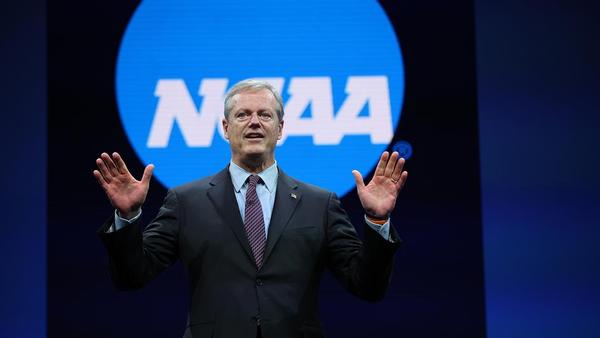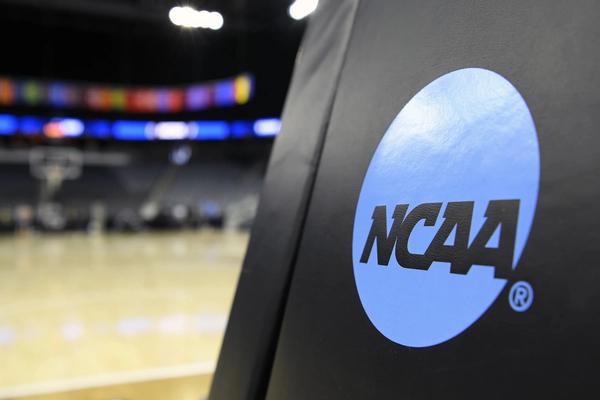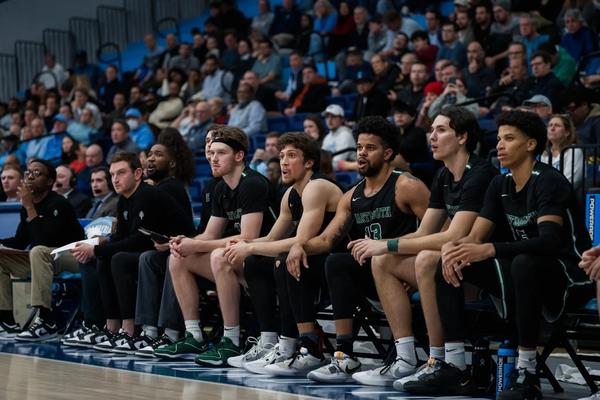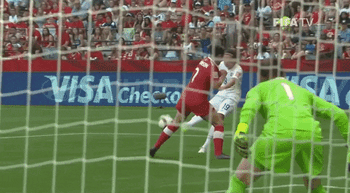
🌵 Still the wild, wild West
The GIST: The next NIL frontier? Determining whether the NCAA has any power to control it, or if the major players will simply put the “free” in “free market.”
Since the U.S. Supreme Court overrode college sports’ governing body and allowed NIL onto the scene in 2021, NCAA president Charlie Baker’s squad has worked tirelessly to put the lid back on Pandora's box. The org set regulations to prevent inducements, pay-for-play schemes, and other dynamics that heavily favor the richest programs — and, some say, to simply stay relevant.
- However, the market (like life) comes at you fast, and the NIL boom has outpaced the NCAA’s ability to establish and enforce rules — and the ones they’ve made aren’t really sticking, anyway.
A series of court rulings has limited the NCAA’s power to regulate NIL. Case in point? In February, a court found that the NCAA can’t stop an athlete from negotiating NIL deals before committing to a program, rendering its inducement prohibition toothless. Then in April, another judge ruled that they can’t prevent schools from helping students land and manage NIL deals.
- On top of that, states have created their own NIL laws, and that patchwork of policies further increases parity concerns. Yikes.
The org has been calling on an even more powerful governing body — U.S. Congress — to help. Several lawmakers have introduced bills aiming to rein in NIL, but progress has been slow at best, and — especially with November’s impending election — the bills are unlikely to gain the momentum needed to become law.
🥧 A slice of the pie

The GIST: NIL is the best way for student-athletes to profit off their sports…for now. If the House v. NCAA settlement is approved, a new method of athlete compensation could change the game as early as the 2025–26 season: revenue-sharing.
As it stands, the House settlement would allow Power Four schools to divert as much as $22M from their annual revenue to the student-athletes who bring that money in, essentially giving them a slice of the pie they helped bake.
There are approximately one gazillion unanswered questions about how this would play out. Will Title IX ensure male and female athletes pocket the same amount, or will those who bring in the most revenue (i.e. football players) earn more? And if an athletic department can’t afford to divert revenue to compensate athletes, will they ever be able to compete?
- This potential model has also raised an urgent question for many players, especially women: If schools divert some of their operating budget to athletes, will they still be able to afford non-revenue sports, or are Olympic sports destined for cuts?
Two things are certain: First, the most elite and richest programs — which can afford to drop the $22M annual max to retain top talent — will have a massive recruiting advantage.
- Second, NIL won’t disappear — it’ll simply become a second income stream for athletes. Both collective and commercial NIL activity are expected to skyrocket over the next few years, regardless of whether House is approved.
💸 Pay ’em what you owe ’em

The GIST: In addition to NIL and revenue-sharing, there is a third way student-athletes could make bank — by being classified as university employees.
The NCAA’s amateurism model has been in the crosshairs for a long time. Currently, the most serious challenge to that model is Johnson v. NCAA, a case in which athletes claim they already function as school employees and, therefore, should be classified as such. Doing so would offer players all traditional labor protections, like minimum wage and the ability to collectively bargain.
Student-athlete employment is an existential threat to the NCAA, and the org is vigorously fighting it in court (with mixed results). They’re also furiously lobbying Congress to pass a law codifying antitrust exemptions in regard to student-athletes, which would nip this suit — and any future ones like it — in the bud.
- Like laws ensuring NCAA control over NIL, this one’s a long shot — especially in an election year. Watch this space.
Enjoying this article? Want more?

Sign up for The GIST and receive the latest sports news straight to your inbox three times a week.

